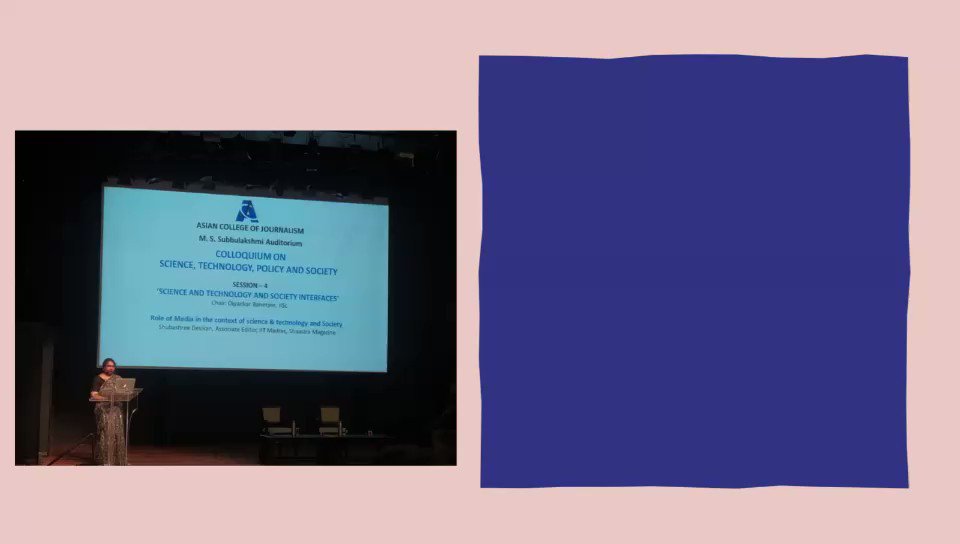Peuli Bakshi
4:37
4:42
4:43
4:45
4:47
4:48
4:50
4:50
4:51
4:51
4:54
4:54
4:56
4:57
4:58
5:00
5:01
5:03
5:04
5:06
5:10
5:10
5:12
5:16
5:17
5:17
5:29
5:30
Connecting…






